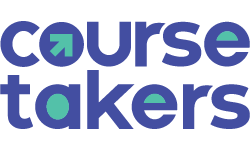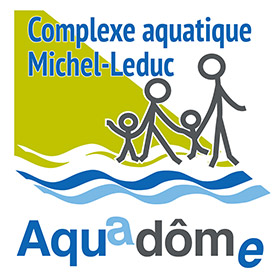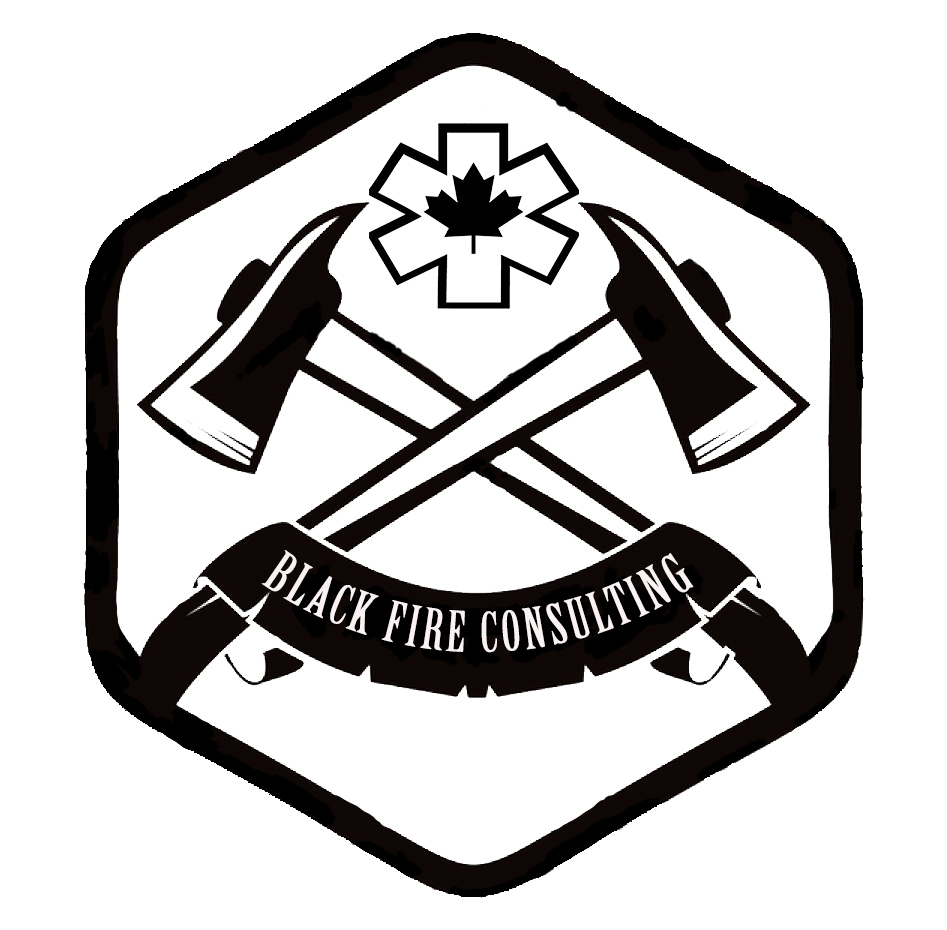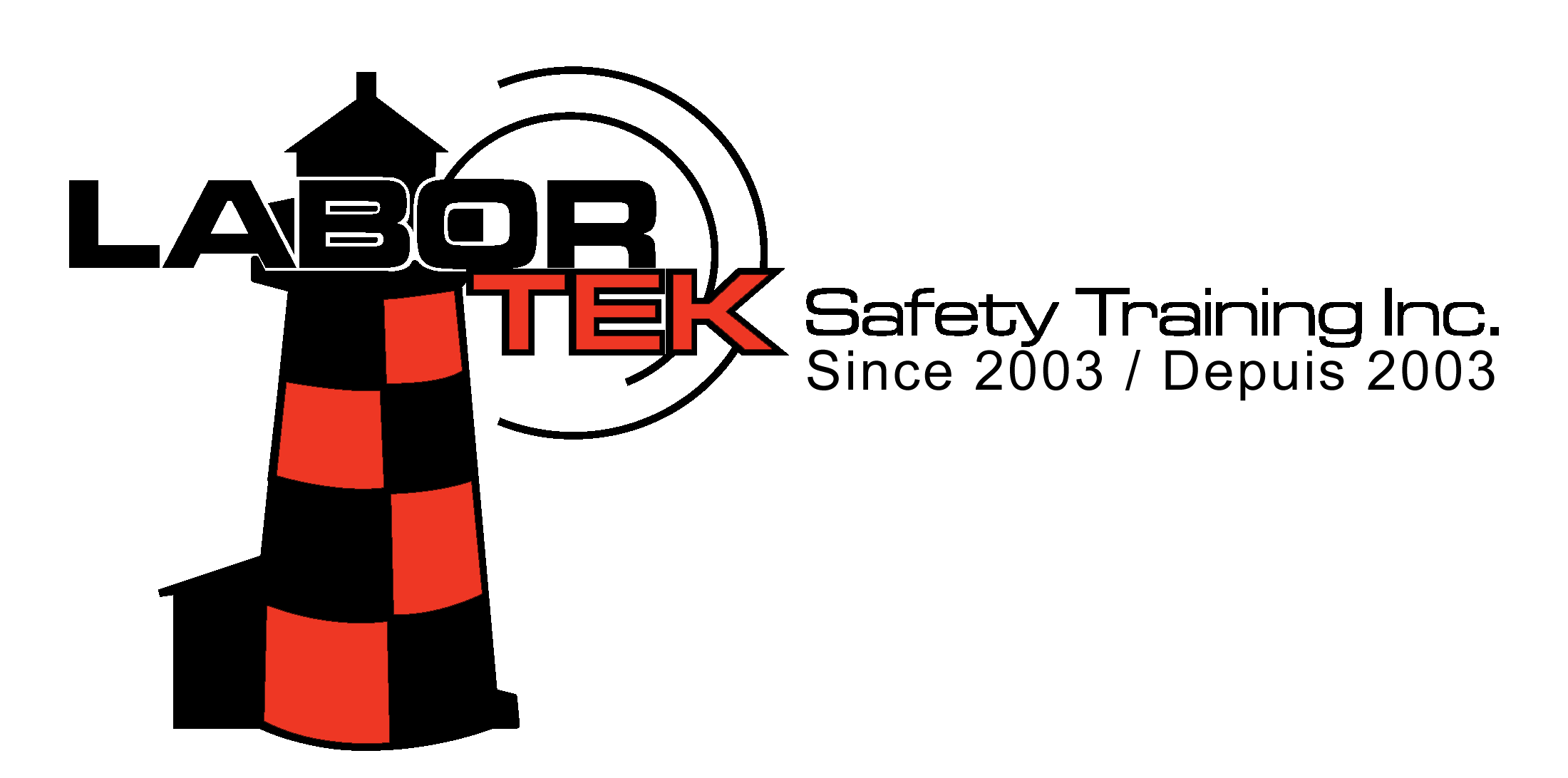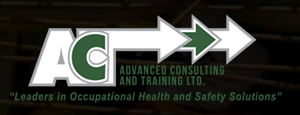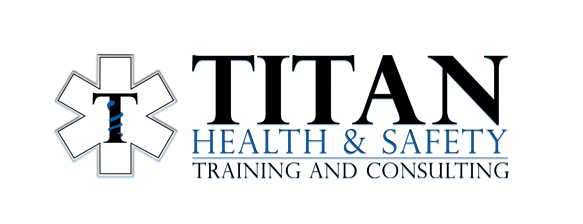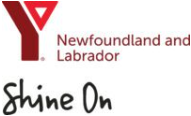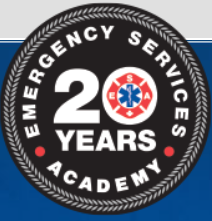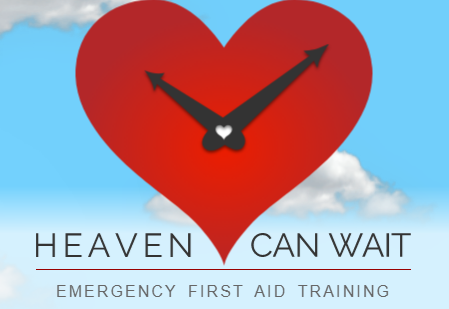Top 10 First Aid and CPR Courses in Canada - Page 2
Discover Courses Tailored For You
Find the best courses to enhance your skills in various domains. Our diverse selection of courses will help you achieve your professional and personal goals.
New Courses
First Aid and CPR students also learn
Study with Top Creative Specialists
Learn directly from top creative experts on CourseTakers. Enhance your skills with their practical insights and experience.
All Top 10 First Aid and CPR Courses in Canada - Page 2
Are you looking for First Aid and CPR courses in Canada?
Here are the Top 10 First Aid and CPR courses in Canada.
319 Results
